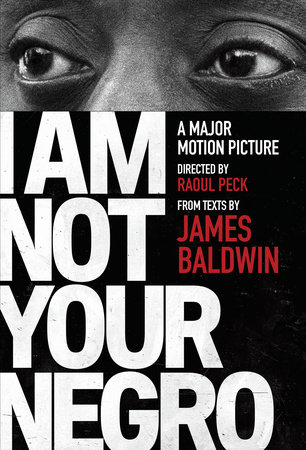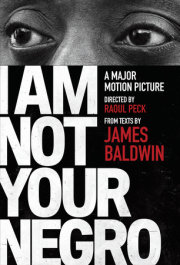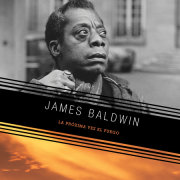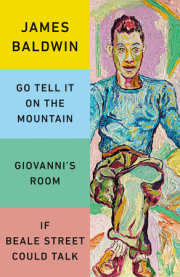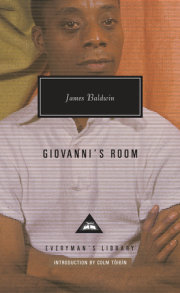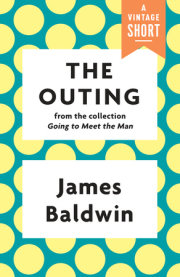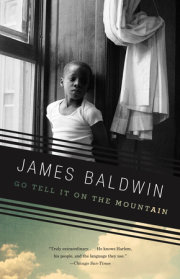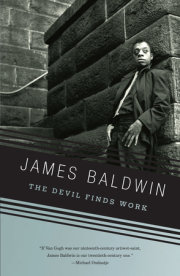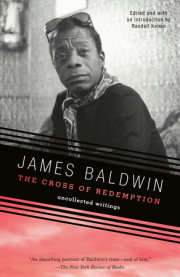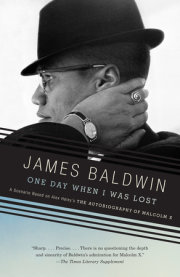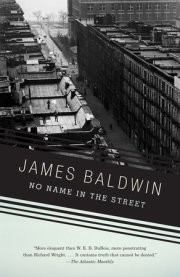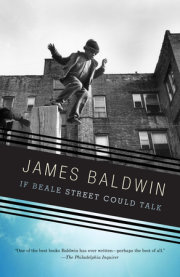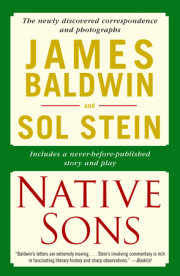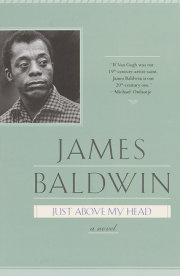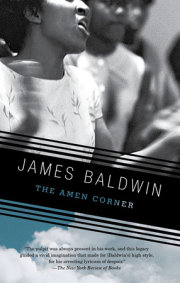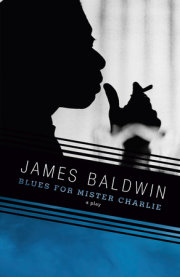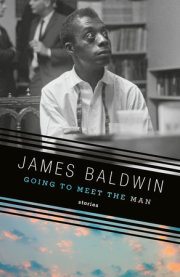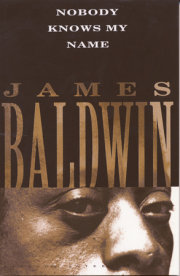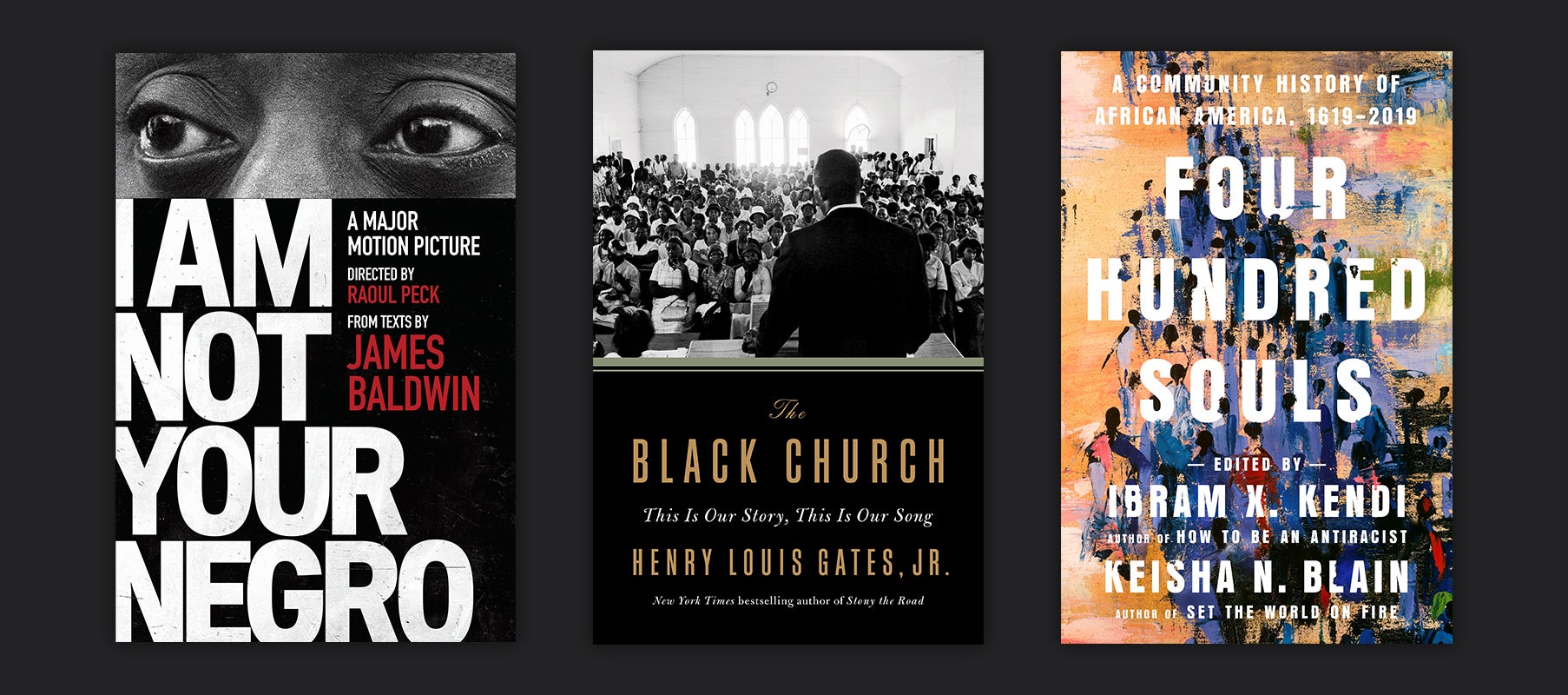As concerns Malcolm and Martin,
I watched two men, coming from unimaginably different backgrounds,
whose positions, originally, were poles apart,
driven closer and closer together.
By the time each died, their positions had become virtually the same position.
It can be said, indeed, that Martin picked up Malcolm’s burden,
articulated the vision which Malcolm had begun to see,
and for which he paid with his life.
And that Malcolm was one of the people Martin saw on the mountaintop.
Medgar was too young to have seen this happen,though he hoped for it, and would not have been surprised;
but Medgar was murdered first.
I was older than Medgar, Malcolm, and Martin.
I was raised to believe that the eldest was supposed to be a model for the younger,
and was, of course, expected to die first.
Not one of these three lived to be forty.
Copyright © 2017 by The James Baldwin Estate. All rights reserved. No part of this excerpt may be reproduced or reprinted without permission in writing from the publisher.

